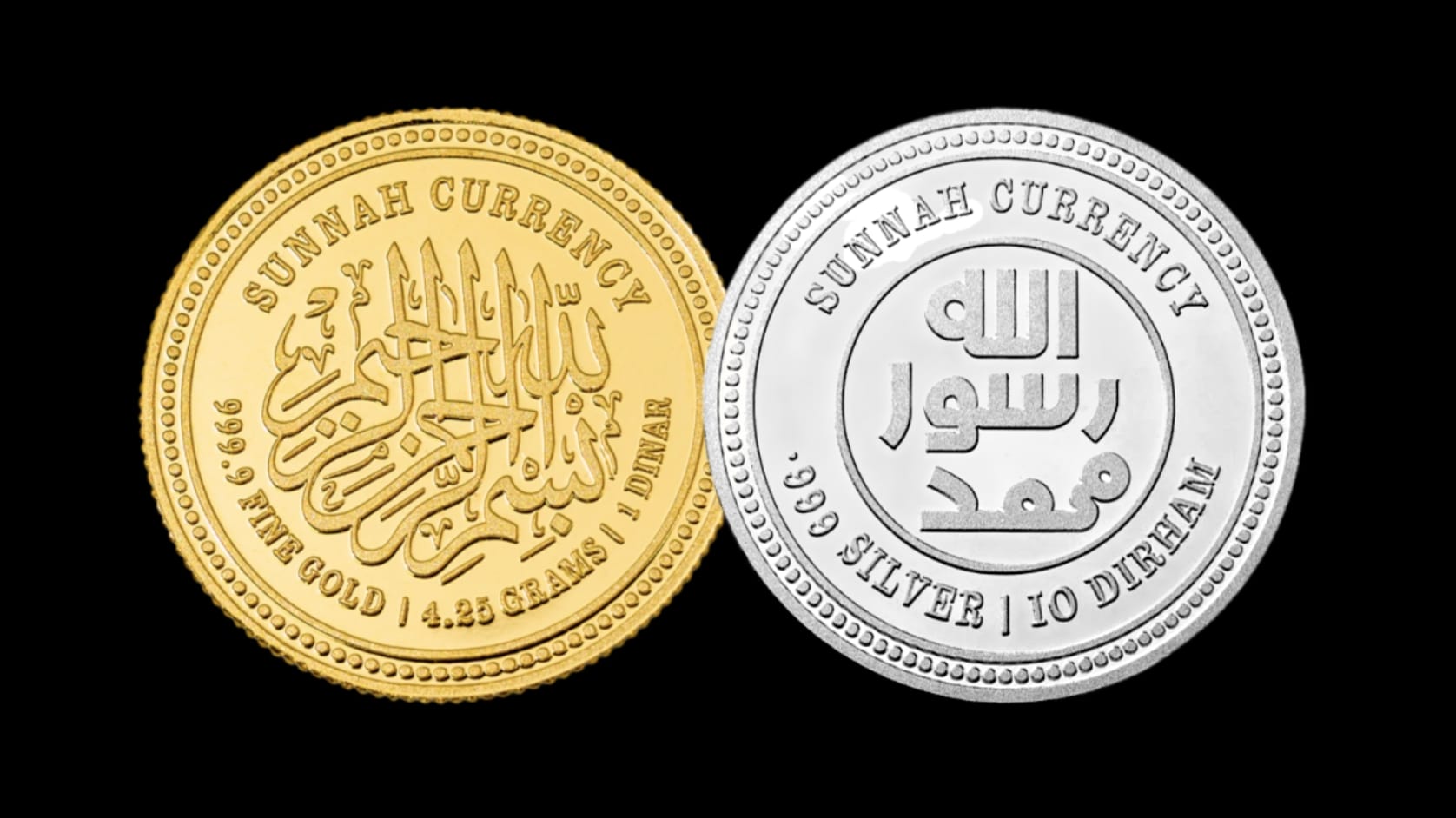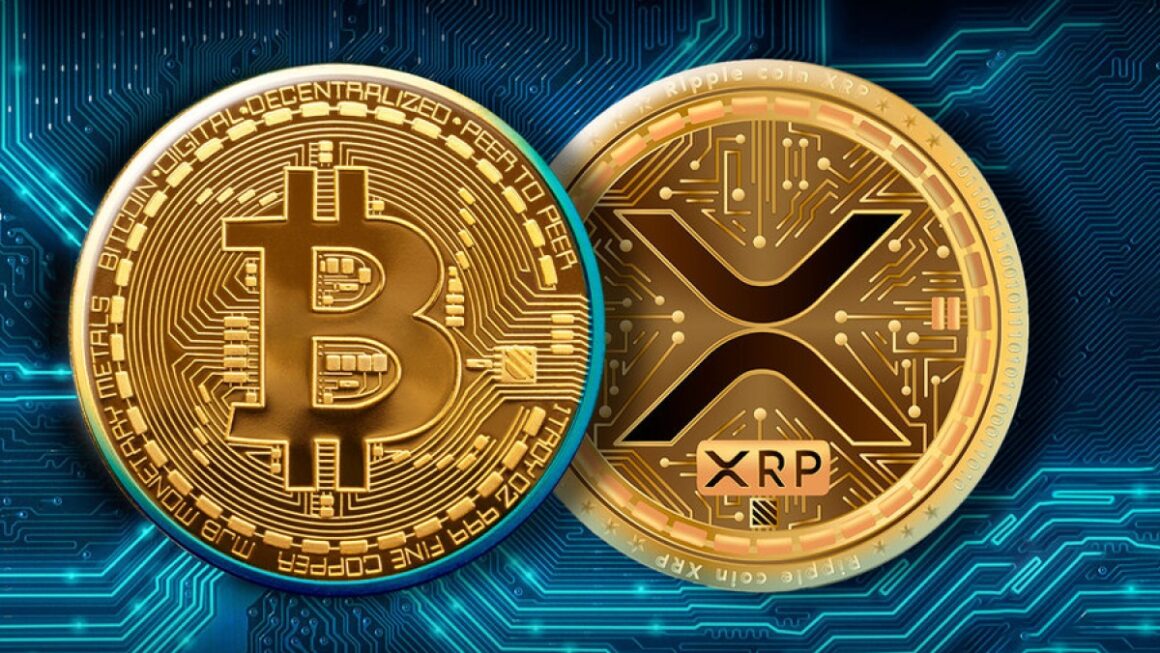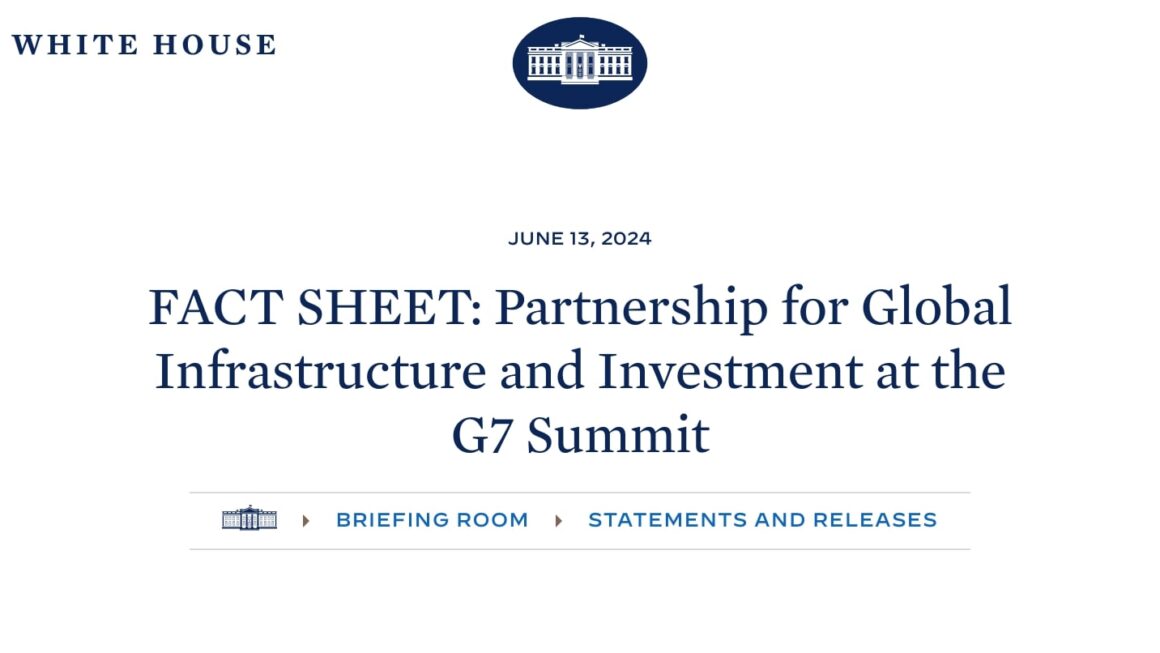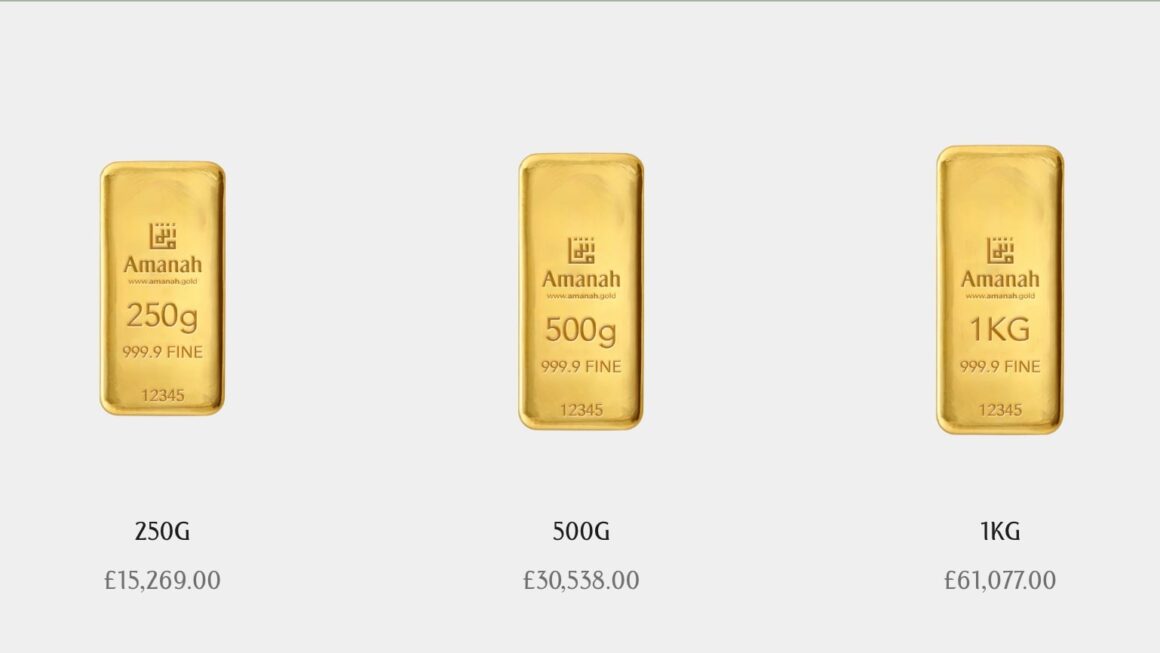In these tumultuous times of financial fitna, the emergence of Central Bank Digital Currencies (CBDCs) poses a grave challenge to the maqasid al-Shariah and the principles of Islamic mu’amalat. As the Ummah navigates these trials, it is imperative that we seek guidance from the wisdom of our salaf as-salih and contemplate the barakah inherent in gold dinars and silver dirhams.
Imam Al-Ghazali رحمه الله eloquently stated in his magnum opus, Iḥyāʾ ʿulūm al-dīn: “Allah Subhanahu wa Ta’ala has created dinars and dirhams as just arbiters between all commodities, that all wealth may be measured through them.” This profound hikma underscores the intrinsic value and stability provided by currencies based on the Sunnah.
[Source: Volume 4, Book 34, “Kitab Adab al-Kasb wal-Ma’ash”]
Qur’anic Foundations for Gold and Silver Currency
The Holy Qur’an, in its divine wisdom, explicitly mentions the use of gold and silver as mediums of exchange and measures of value. Allah Subhanahu wa Ta’ala says in Surah Al-Tawbah:
“…And there are those who hoard gold and silver and spend it not in the way of Allah. Announce unto them a most grievous penalty.” [9:34]
This ayah not only acknowledges gold and silver as forms of wealth but also emphasizes their importance in economic transactions and charity. Furthermore, in Surah Al-Kahf, Allah mentions:
“…So send one of you with this silver coin of yours to the city…” [18:19]
This verse from the story of the People of the Cave explicitly mentions the use of silver coins (wariq) for purchasing food, demonstrating the Quranic recognition of precious metals as currency.
Additionally, the concept of paying Zakat in gold and silver is rooted in the Qur’an and Sunnah. The Prophet Muhammad ﷺ said:
“There is no Sadaqah (Zakat) on less than five Awsuq, or less than five camels, or less than five Awaq.” [Sahih al-Bukhari]
Here, ‘Awaq’ (plural of uqiyah) refers to a specific weight measure in Islamic jurisprudence. An uqiyah is equivalent to 40 dirhams, and 5 awaq is equal to 200 dirhams of silver. This hadith establishes the nisab (minimum amount) for Zakat on silver, further solidifying the Islamic basis for using precious metals as currency and a measure of wealth.
The Sunnah of Gold and Silver in Islamic History
During the Khilafah of Umar ibn Al-Khattab رضي الله عنه, the dar al-Islam witnessed the minting of gold dinars and silver dirhams, establishing the foundations of halal trade and commerce. These currencies were not merely worldly symbols, but embodiments of adl (justice) and amanah (trust). Unlike the gharar-laden fiat currencies or digital alternatives, gold and silver possess qimah haqiqiyyah (intrinsic value), protected from the riba and maysir that plague modern economic systems.
The Virtues of Physical Gold and Silver
1. Qimah Dhātiyyah (Intrinsic Value): Gold and silver are universally recognized for their inherent worth, unlike paper money which can be printed at will by the tawaghit (oppressive rulers).
2. Protection from Riba: Historically, gold and silver have been effective shields against the haram of inflation, preserving the ummah’s wealth.
3. Istiqbal Mali (Financial Independence): Ownership of physical gold and silver provides Muslims with a measure of financial autonomy, freeing them from the shackles of riba-based banking systems.
4. Compliance with Shariah: The use of gold dinars and silver dirhams aligns with the maqasid al-Shariah, promoting adl and qist in muamalat.
The Dangers of Central Bank Digital Currencies (CBDCs)
CBDCs, while technologically advanced, present several risks that could undermine the maslahah (public interest) and infringe upon personal financial autonomy:
1. Centralised Tahakkum (Control): CBDCs are controlled by central banks, potentially leading to zulm (oppression) and violation of privacy.
2. Economic Manipulation: The ease of creating and controlling digital currencies may lead to economic fitna, impacting inflation rates unpredictably.
3. Vulnerability to Cyber Threats: Digital currencies are susceptible to modern forms of sariqa (theft) through cyberattacks.
A Call to Action for the Ummah
It is crucial for Muslims worldwide to consider the maslahah of reverting to the use of physical gold dinars and silver dirhams. These currencies, sanctioned by the Qur’an and Sunnah, offer not only economic stability but also resonate with the akhlaq and religious principles that underpin Islamic finance.
As we navigate the complexities of the modern financial nizam, let us draw inspiration from the hikma of Imam Al-Ghazali رحمه الله and the practices established during the Khilafah of Umar رضي الله عنه. By embracing gold and silver, we can safeguard our rizq, uphold our deen, and contribute to a just and stable economic future for the Ummah.
In conclusion, let us move forward with baseera (insight) and hikma, ensuring that our mu’amalat reflects the enduring principles of adl, amanah, and integrity as prescribed by our deen and exemplified in the use of gold and silver currency.
Wallahualam.














